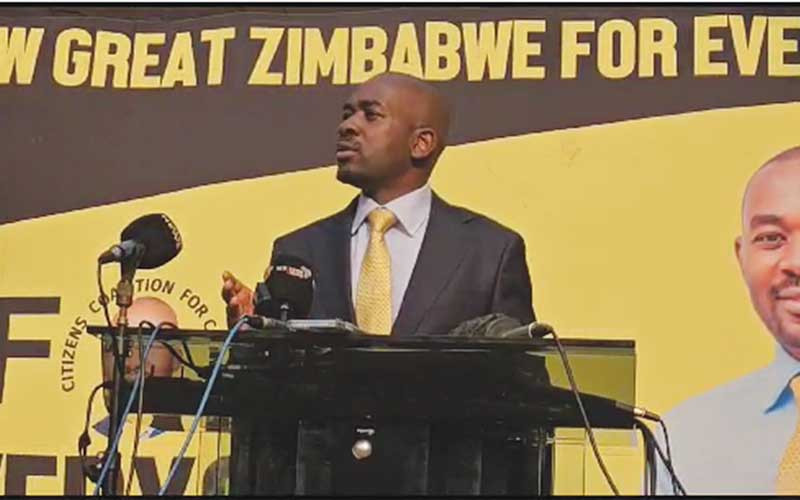
Just two months after the elections, there is a sense of déjà vu engulfing the ranks of the opposition Citizens Coalition for Change, with amplified echoes of 2020.
Then, Nelson Chamisa’s MDC Alliance party found itself facing an existential crisis.
For some context: When Morgan Tsvangirai died in February 2018, he was leading MDC – T, the larger of two factions of the original MDC. A few months before his death, Tsvangirai controversially appointed two vice presidents, Nelson Chamisa and Elias Mudzuri. This brought the number of vice presidents in the party to three, including Thokozani Khupe, who was elected to the position at the party’s congress in 2014.
At Tsvangirai’s death, a power struggle ensued among all three vice presidents, with Chamisa coming out on top. This fight led to another split. Chamisa went on to lead other parties under the MDC-Alliance into the 2018 election, while Khupe ran with her own faction, keeping the MDC-T name.
Chamisa narrowly lost to Zanu PF’s Emmerson Mnangagwa in the 2018 elections, a loss he refused to accept.
In 2019, the MDC-A held its congress in 2019 and elected Chamisa as the leader. The MDC-T also held its own congress later that same year, electing its own leaders.
But in 2020, in a case brought against Chamisa by a member of a rival faction, the Supreme Court ruled the process that made Chamisa acting party president after Morgan Tsvangirai died in February 2018 was illegal. The court ordered the party to revert to 2014 structures. This was a break from the norm, as the courts had previously ruled that political parties were voluntary organisations and that the courts had no business interfering in their affairs. Even then, the court made the ruling despite the fact that Chamisa was already leading another political party and Khupe was leading the MDC-T.
Critics accused the ruling Zanu-PF party of using the courts to emasculate Chamisa to force him to accept Mnangagwa’s legitimacy. Disgruntled MDC-A officials, including Douglas Mwonzora, Morgen Komichi and Elias Mudzuri, defected to MDC-T. Armed with the controversial court ruling, they started to recall Members of Parliament and councillors belonging to the MDC-Alliance. In effect, they were recalling members of another party.
- Young vocalist making southern Africa dance
- Chamisa party defiant after ban
- NoViolet Bulawayo’s new novel is an instant Zimbabwean classic
- Village Rhapsody: How Zimbabwe can improve governance
Keep Reading
The Speaker of Parliament, Jacob Mudenda, and Local Government Minister at the time, July Moyo, were happy to allow the recalls. The courts, critics say, were being used to make political judgments that would be laughable in any other part of the world. . Mwonzora, after elbowing out Khupe from the MDC-T, later claimed the MDC-Alliance name from Chamisa and took over the party headquarters with the help of the army and police.
For Khupe/Mwonzora in 2020, read Sengezo Tshabangu in 2023, who claims to be acting as CCC secretary general.
The move by National Assembly Speaker Mudenda, who is also Zanu PF’s legal affairs secretary, is another move to effectively strip Chamisa of the party he founded 21 months ago.






